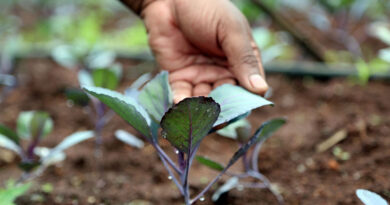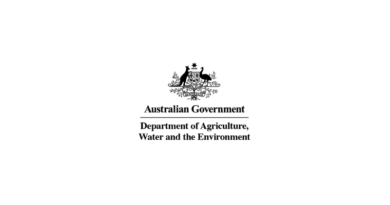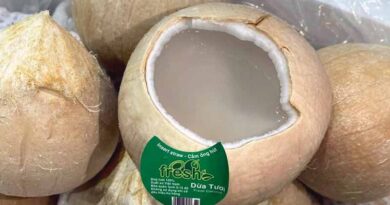Time to rationalise sugar pricing with the revenue-sharing formula
25 December 2020, New Delhi, IN: Sugar mills have claimed that cane farmers in the country are paid 100 per cent more than the A2+FL cost and hence the sugar industry has become uncompetitive despite its cost of processing amongst the lowest in the world.
Also Read: Traders sign deals to export around 615,000 tn sugar at $355/tn FOB
Sugarcane farmers, on the other hand, are unhappy with the Fair and Remunerative Price (FRP) and claim it just matches their overall production cost.
A2+FL denotes the total cost incurred by farmers and the imputed value of unpaid family labour. The final report of the task force on ‘Sugarcane and Sugar Industry’ headed by NITI Aayog which was published in March, 2020 stated that the returns from sugarcane cultivation are generally 60-70 per cent higher than most other crops.
“The sector has been facing serious issues related to profitability as well as liquidity in the last few years due to depressed sugar prices inadequately covering cane prices. In addition to FRP, some States fix State Advised Price (SAP) at higher levels, causing strain on the financial position of the mills,” the report stated. This in turn led to the accumulation of the sugarcane arrears.
“The task force feels that to prevent the problem of arrears for sugarcane farmers and to keep the sugar industry in sound financial health, sugarcane prices must be linked to sugar prices. The Revenue Sharing Formula (RSF) needs to be introduced, with a Price Stabilisation Fund to protect farmers from receiving prices below the FRP,” the report recommended.
ISMA’s Stand
“The CACP, in its last 5-6 reports, has every year recommended for the adoption of a revenue sharing formula. Rangarajan Committee recommended to determine the cane price payable by sugar mills at 70 per cent of revenue from sugar and by-products or at 75 per cent of revenue from sugar alone. This suggested formula in India is higher than the world average of 62-66 percent of revenue, but we in the industry have given our acceptance to the same” said the outgoing President of Indian Sugar Mill Association (ISMA) Vivek Pittie, during the recent AGM. He added that anything above these percentages would be detrimental to the industry and would be unsustainable.
Pittie added that India cannot compete with the major sugar-producing nations like Brazil, Thailand, Australia, EU, and Russia which have the revenue sharing formula to determine the sugarcane price automatically, at 62-66 per cent of revenue realization from sugar and by-products. In contrast, India’s sugarcane price being fixed by the government is not related to the revenue realization, thus making India a high-cost producer of sugar.
Indian Sugar Mill Association’s (ISMA) Director General, Abinash Verma, said: “The sugar industry has time and again requested the government to fix cane price as per a scientific and rational cane pricing policy, which will automatically determine the price of cane.”
He added the government should look at a rational cane payment formula, which will not only benefit the industry, but will also ensure there are no cane price arrears of the farmers. He said that in the last decade, the FRP has more than doubled, whereas the revenue realised by sugar mills from the sale of sugar have remained unremunerative.
“This ever-widening gap between cane price payable to farmers and revenue generated by mills, is a vital cause, because of which mills are unable to pay farmers on time, resulting in mounting cane price arrears” Verma added.
Farmers’ Claims
Raju Chougale, a sugarcane farmer from Kolhapur district, one of the prominent sugar-growing districts in Maharashtra questions the formula to calculate sugarcane production cost based on which FRP is fixed. “A small sugarcane farmer cannot take care of his family only by cultivating sugarcane. No doubt it is one of the crops where returns are guaranteed, but the production cost is rising and the FRP is not in consonance with the production cost”, he said. Raju lists rising electricity, water, fertilizers and labour cost and says that the cost calculation formula on paper is far away from the actual cost incurred by a farmer.
Raju Shetti, President of Swabhimani Shetkari Sanghatana and former MP blames the functioning of the sugar factories saying that politicians have siphoned off money from sugar mills for electoral politics. He adds that farmers could get a much better price and sugar industry could run in profit if mills are kept away from politics and politicians.















